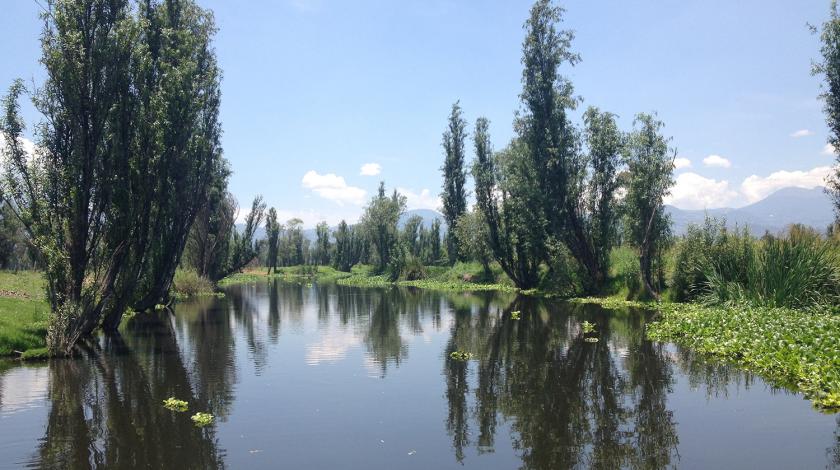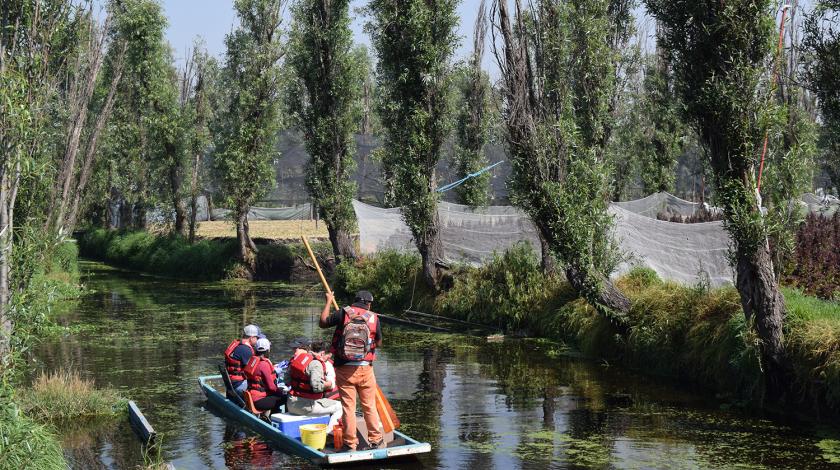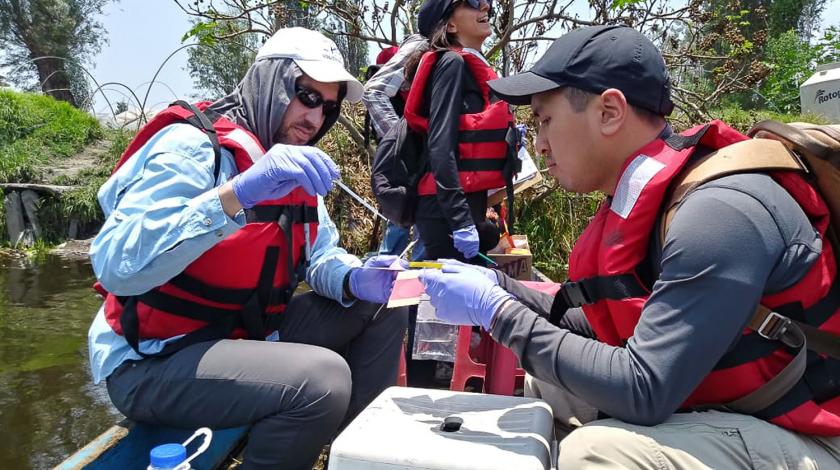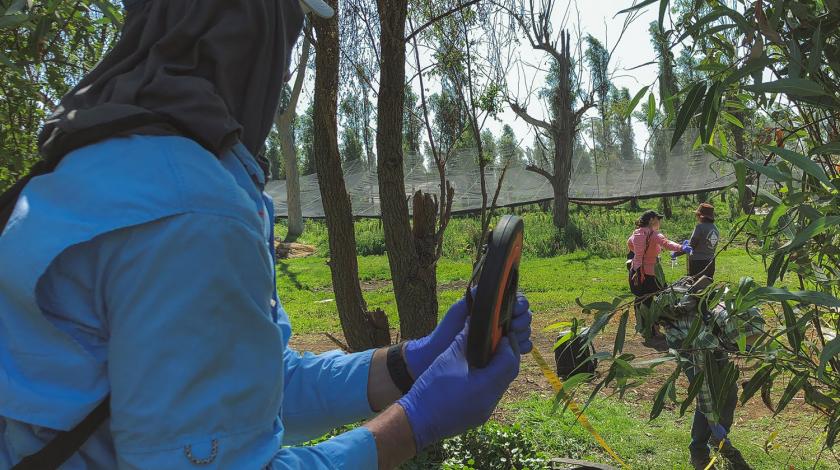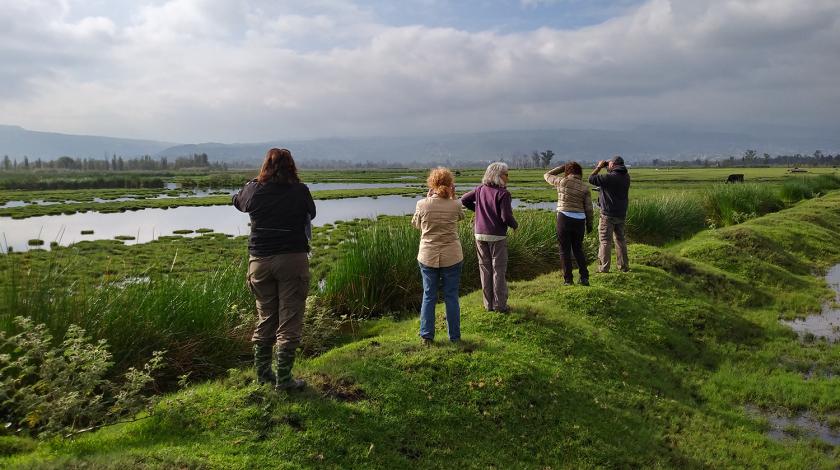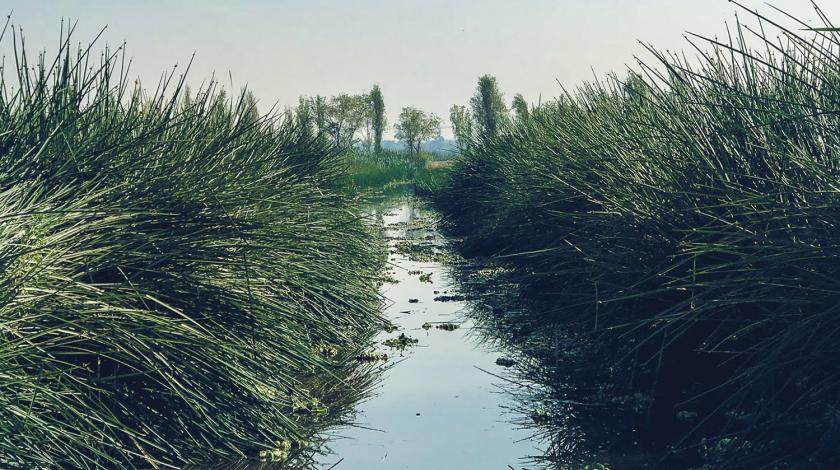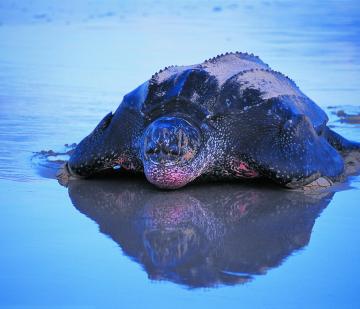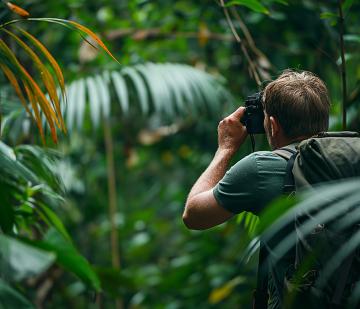Conserving Wetlands and Traditional Agriculture in Mexico
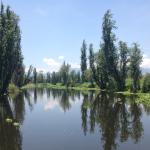
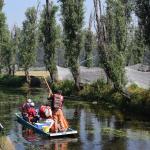
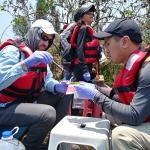


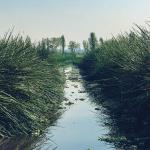
Assist researchers in collecting data on water quality and land use in an ancient agricultural ecosystem within the lush wetlands of Xochimilco.
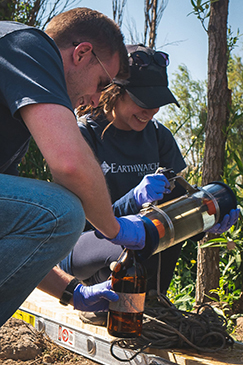
The Xochimilco wetlands, located just south of Mexico City, help to filter water, regulate weather, buffer against storms, support clean air, and protect native species of flora and fauna in Mexico City and neighboring regions. This water system also forms a unique ecosystem for aquatic species, including native species such as the Mexican axolotl salamander and the acocil crayfish, as well as over 140 species of migrating birds.
But these wetlands are being threatened by changing agricultural practices, which have turned from traditional small scale farming (a practice that has been around for at least six centuries) to environmentally-intensive agriculture. Not only that, the introduction of exotic species such as carp and tilapia has altered the natural food chain, threatening endemic species. Conservation of native plants and animals in Xochimilco is strongly linked to the preservation of its wetlands as well as “chinampas” - areas of dry land within the wetlands that support traditional agriculture.
Researchers are looking to understand how land use, agricultural techniques, and seasonality affect the conditions around the chinampas. You’ll help to gather critical data on the presence of endemic species and water and soil quality around the chinampas. This data will be used to increase local awareness of the benefits of traditional agriculture and subsequently, improve ecosystem health.
A Typical Itinerary
- Day 1: Arrival and introductions
- Days 2-5: Water quality and biodiversity sampling on large canoes, visit to local farms for soil quality sampling, collect water quality data
- Day 6: Research wrap-up and recreation day
- Day 7: Departure
.
HOW YOU WILL HELP
.
Collect water quality data
Using large or small canoes or “canoas,” you will visit various sites to collect samples of canal water and invertebrates. In the floating laboratory, you will test for the presence of heavy metals, bacteria, and nutrients in these water samples.
Study local agriculture practices
By visiting local farms, you will be exposed to a variety of techniques, which have different impacts on crops and the environment. You will collect soil samples from farms to study some of the impacts.
Sample for endemic species
The axolotl is a salamander endemic to Xochimilco that is in danger of extinction. You will help scientists sample new areas where the salamander may be present.
.
Field conditions and research needs can lead to changes in the itinerary and activities. We appreciate your cooperation and understanding.
.
.
FEEDBACK & QUESTIONS
.
5 Reviews on this Expedition
GET EARTHWATCH NEWSLETTER
Bi-weekly announcements, new expeditions, and updates on our impact around the globe.
